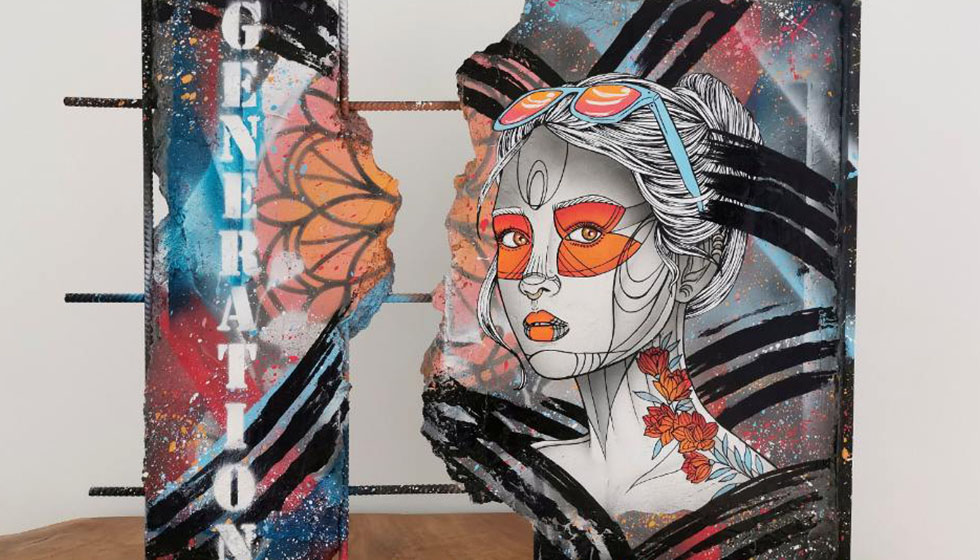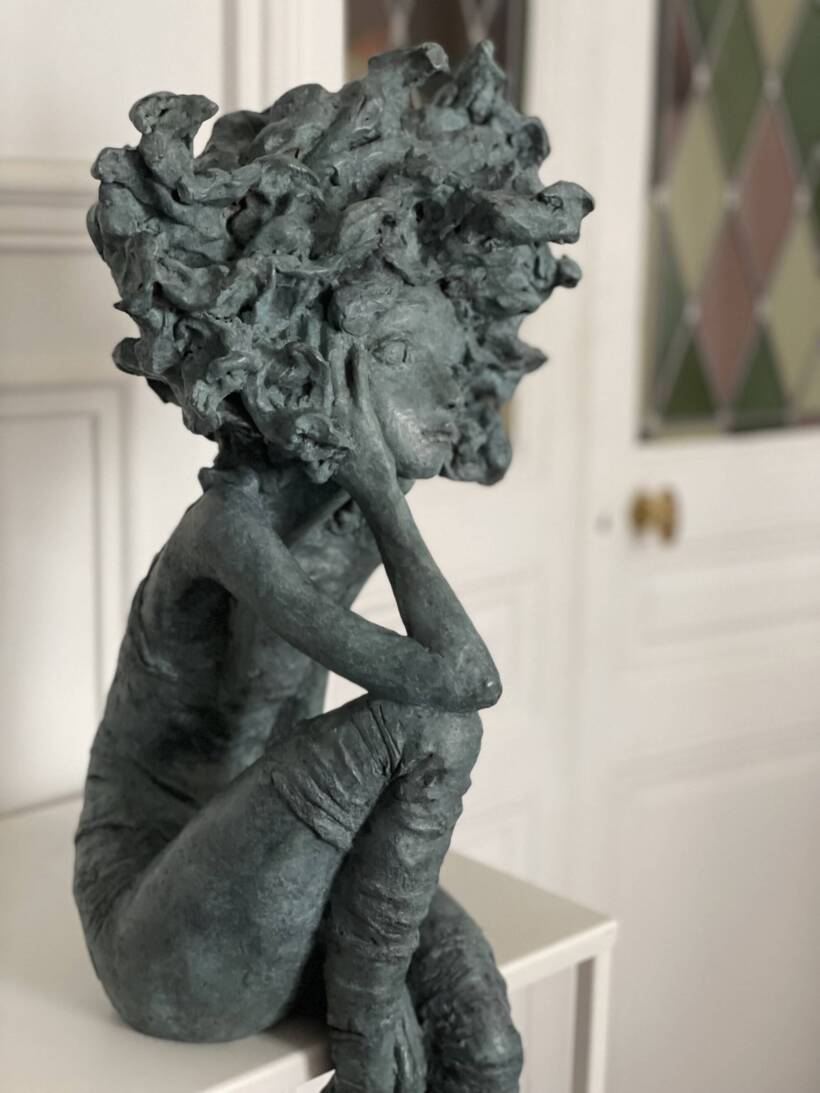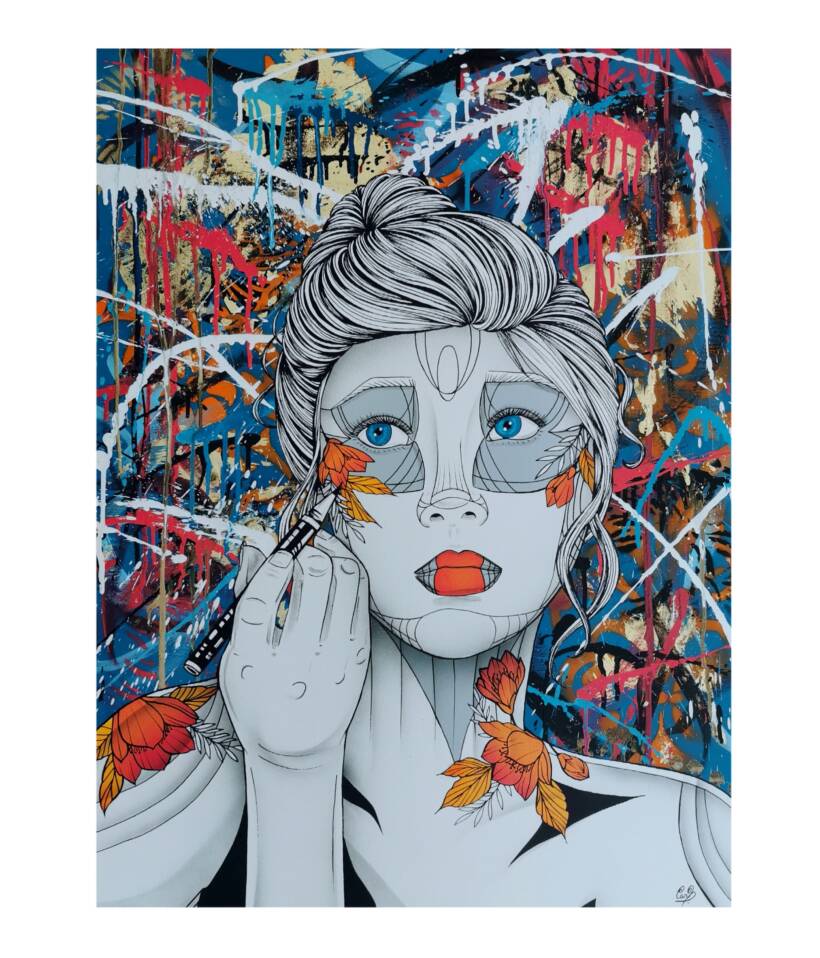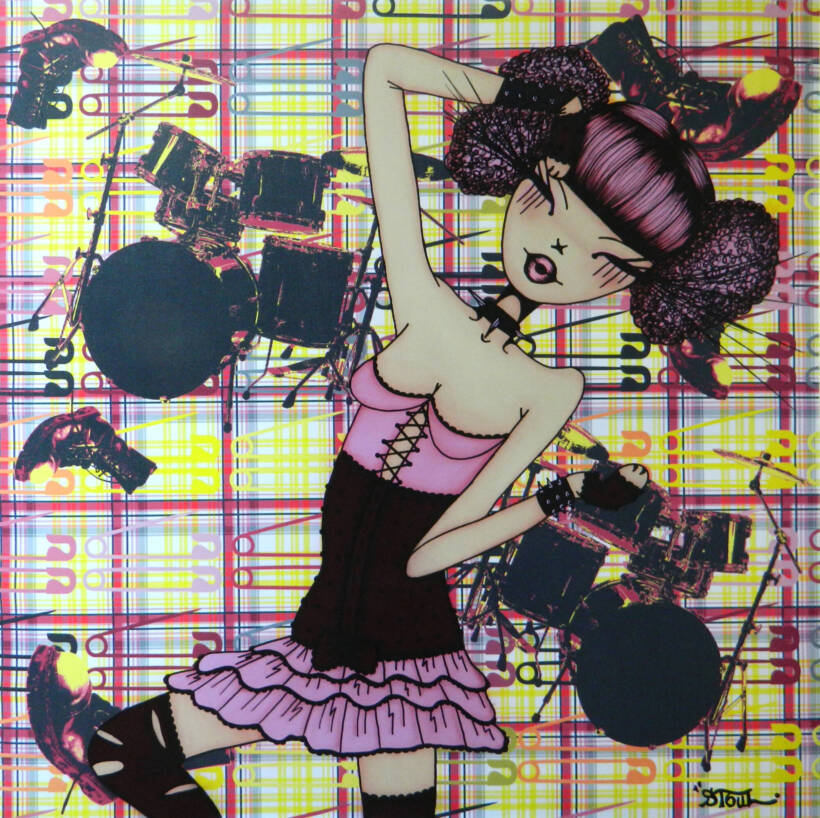
Celebrate Mother’s Day with a unique artistic gift!
Discover how the tradition of Mother’s Day is celebrated in France and in other countries around the world.
MOTHER’S DAY, A RECENT TRADITION
Mother’s Day is a celebration that brings families together and pays tribute to motherhood. In France, this tradition dates back to the early 20th century. In Anglo-Saxon countries, it has a different origin but an equally profound meaning.
DIFFERENT CELEBRATION DATES FROM COUNTRY TO COUNTRY
In France, Mother’s Day is celebrated on the last Sunday of May, unless it coincides with Pentecost. In that case, Mother’s Day is postponed to the first Sunday of June. This
year, in France, Mother’s Day will be celebrated on Sunday, June 4, 2023.
Mother’s Day dates vary from country to country due to different traditions and customs.
Here are some examples of celebration dates in other countries:
United States: Mother’s Day is celebrated on the second Sunday of May.
United Kingdom: Mother’s Day, called “Mothering Sunday,” is celebrated on the fourth Sunday of Lent, which is three weeks before Easter.
Germany: Mother’s Day is celebrated on the second Sunday of May unless it is also Pentecost, in which case it is postponed to the first Sunday of June.
Spain: Mother’s Day is celebrated on the first Sunday of May.
Australia: Mother’s Day is celebrated on the second Sunday of May.
The differences in dates can be attributed to the history and traditions specific to each country. As the origins of Mother’s Day are manifold, the celebration dates have evolved independently throughout the world.
ART & WOMEN
Art plays a unique role for women on many levels. Here are some important points to highlight:
Self-expression and empowerment: Art provides women with a powerful means to express their individuality, experiences, emotions, and unique perspectives. Women express
themselves, claim their place in the world, and challenge established norms through art.
Representation and visibility: Historically, women have been underrepresented in the field of art. However, over time, they have managed to carve out a space and assert
their presence as artists, creators, and bearers of important messages. Women are thus represented, contributing to a better understanding and appreciation of their stories and struggles.
Deconstruction of stereotypes and beauty standards: Art gives women the opportunity to question gender stereotypes and pre-established beauty norms. Female artists address
issues such as body image, identity, sexuality, and femininity, offering alternative perspectives that defy traditional expectations.
Inspiration and empowerment: Art can be a source of inspiration and empowerment for women. It celebrates their strength, resilience, and creativity. Art also creates
spaces of solidarity and mutual encouragement, where women can support and uplift each other.
In summary, art plays an essential role for women. It provides them with a platform to express, represent, and affirm themselves. It contributes to a better recognition of women in society and the transformation of social norms.


Caro Graffiti – Se réinventer – Spray paint and ink on canvas – 80 x 60 cm
